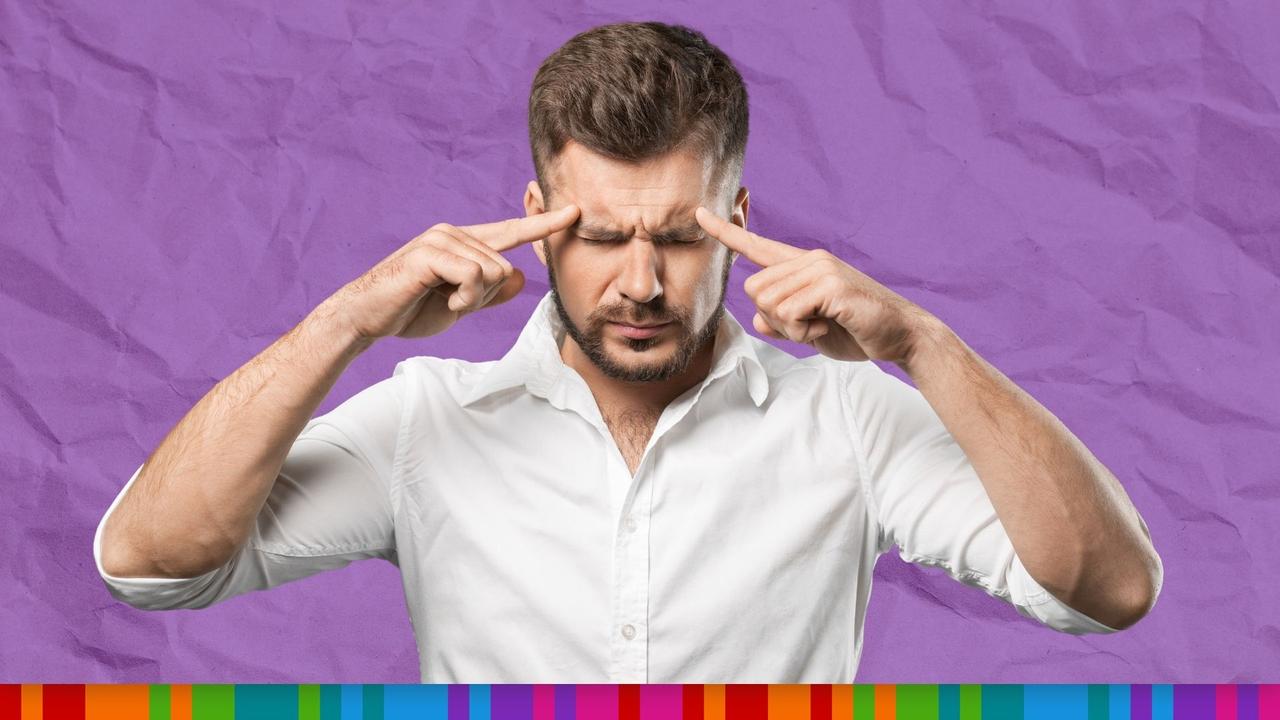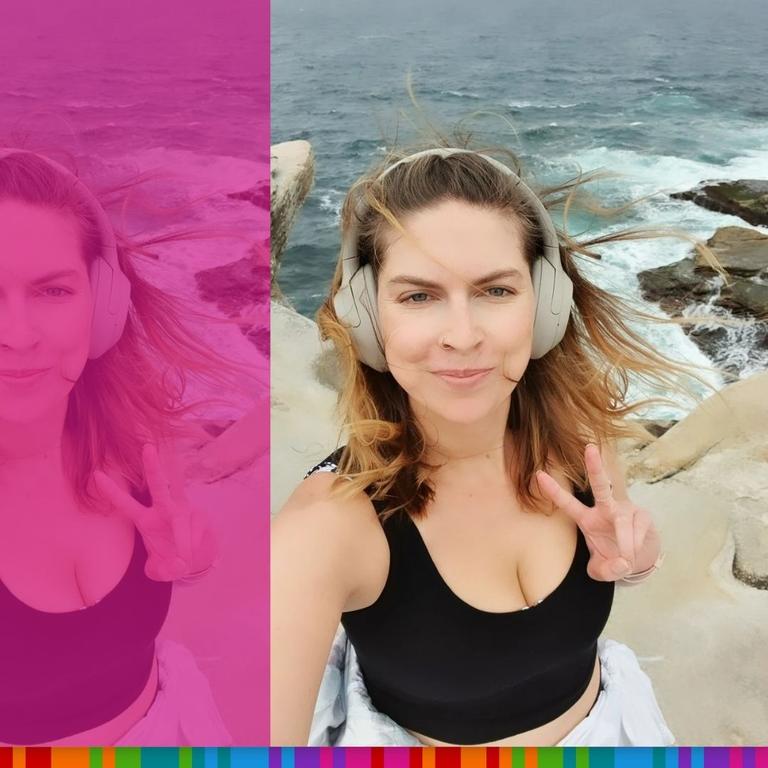I trialled all the internet cures for brain fog, here’s what worked
I’m one of the people experiencing long lasting symptoms after Covid, so I tried every internet suggestion for getting rid of them, Here’s what worked.
It’s no secret to anyone who’ll listen (or read my writing) that I’m going through that very un-fun Covid hangover symptom: brain fog.
While I wrote about my ongoing symptoms here, a month and a half since testing positive for Covid, I’m still getting all the same long-lasting ailments: my thinking is sluggish and fuzzy, more headaches than usual, absolutely exhausted for no good reason, and you can absolutely forget about a perky wake up in the mornings.
While researching for my last article and discovering that, on average, it was taking long-Covid sufferers an average of seven to eight months to shake the fog, I decided to screw the averages and do anything I could to get myself back to normal.
Here I am several weeks later, and I’ve tried about every remedy the internet can offer up. So am I cured? No, absolutely not, but the brain fog has definitely improved — most days.
First of all, I went to the doctor to get a blood test. There’s no way of diagnosing long Covid symptoms yet, because the whole thing is so new, but I figured it can’t hurt to rule out any other problems or deficiencies.
Everything came back negative, as both I and my doctor suspected, and she told me that about half of the people catching Covid were all dealing with these longer-term symptoms. So good, love that for us.
The next step was to consult the internet. Let me be very clear that I have zero medical background, just a strong will to kick my brain back into shape, so the results are purely anecdotal. But who knows, if it worked for me, it might just work for you.
Eat a healthy diet
US concussion treatment centre, CognitiveFX, suggests that a healthy and brain-friendly diet could help with Covid-related brain fog — it helps with concussions after all.
While I normally have a pretty healthy diet, I must admit that the brain fog and tiredness of Covid left my already slim will to cook pretty much non-existent, so snacking and food delivery was becoming way more common.

I switched it up, changed to one of those meal delivery services who send you the ingredients and you make it yourself. I also cut down on the sweet snacks. Omega-3’s are also considered good brain food, but as I’m vegetarian, fish wasn’t an option — so I stuck with extra nuts and beans instead.
Verdict: My verdict is that it made me feel healthier overall, but didn’t really make a huge difference to my brain fog. At least, not on it’s own, but when I added other elements it did all come together.
Stimulate your brain
Harvard Medical School suggested increasing your participation in activities that are “cognitively stimulating” — things like listening to music (check), practising mindfulness and positivity (check, I got back into my gratitude journaling), socialising (check) and brain games.
I would argue that my job stimulates my brain, and I’m at it five days a week. I also started learning a language and reading more — although the latter was kind of hard because reading makes me sleepy and I’m already so sleepy all the time.
Verdict: My verdict for this one is that, yes, it definitely helped. Not so much with the physical symptoms, but certainly in the helplessness I was feeling at being stuck with these ongoing symptoms.
Get enough sleep
CognitiveFX suggests that a bad sleep pattern is likely to make brain fog worse. While you’re trying to clear brain fog, they recommend at least eight hours a night.
I’m someone who genuinely enjoys a good sleep (you do not want to be around me if I get less than six hours a night), and like I’ve mentioned, I’m feeling tired all the time anyway. So getting to eight hours hasn’t been hard. I’ve also made sure to avoid screens an hour before bedtime.
Verdict: My verdict, however, is that I still wake up feeling like I need at least eight more hours. Although, to be fair, on nights where I stay up a bit too late, everything is definitely worse. So I guess it works, it just doesn’t really feel like it does.

Get back into your workouts
A lot of the advice I was reading after I got Covid, was to avoid getting too physical too quickly, as it might be a trigger for long Covid. So, while I was going to the gym at least three days a week before I got sick, I had stopped everything.
Now, however Harvard Medical School recommends getting physical. They do suggest taking it easy though, and slowly working your way up towards at least 30 minutes a day. So I started doing YouTube pilates classes (nearly) every day, because it seems like a gentle workout that’s still effective. Now I’ve worked my way back up to doing one weights class a week — which was my pre-Covid go-to.
Verdict: My verdict? This is 100 per cent the number one thing that makes a huge difference on my foggy brain. It hasn’t fixed it altogether, but I’m back up to a normal workload during my workday, even though it takes me slightly more time staring into space while trying to remember what words are.
If I haven’t exercised in any way for a couple of days in a row, I feel it. For context, with exercise I can concentrate enough to write three to four articles. Without exercise, even though I’m putting in the same time and effort, I’m lucky to get through two.
Take a moment to breathe
CognitiveFX stress the importance of breathing exercise during recovery from a concussion, and highly recommend it for long Covid symptoms as well.
They suggest that practising “diaphragmatic breathing” — you can find free YouTube videos with exercises to practice — can help with cognitive deficits, as well as help decrease pain, muscle tension and more.
I’ll be honest, I’m very knew to introducing this one into my routine, mainly because I’m terrible at remembering to do it. However, I have been taking my puffer every day since Covid got to my already asthmatic lungs, and that does actually help my brain fog.
More Coverage
So, my verdict is that it’s too soon to tell, however I strongly suspect it’ll help me. Oxygen helps your brain, who knew?
You’ll notice that these suggestions are basically all the same recommendations for keeping your brain sharp in general. From what I’ve read and what I’ve asked my doctors, the short answer is: no one really knows what long Covid is, or how to treat it.
A combination of these techniques has definitely help keep my symptoms under control, however. If I was to summarise this article in once sentence though, it would be: no matter what, keep exercising.




